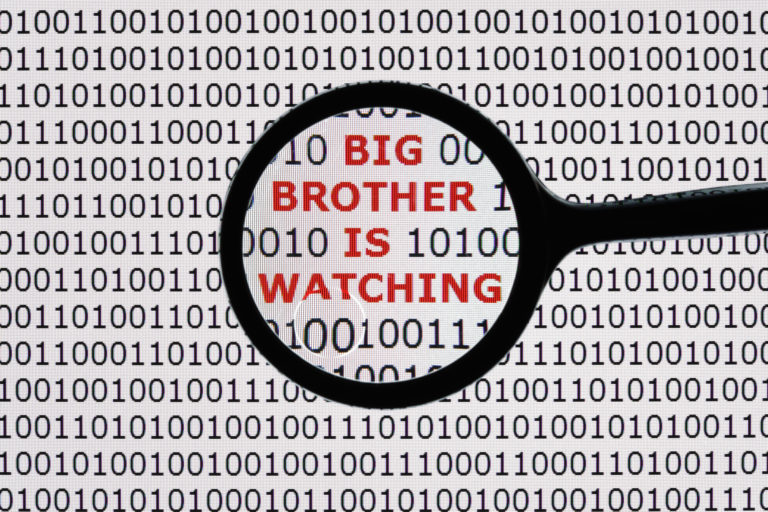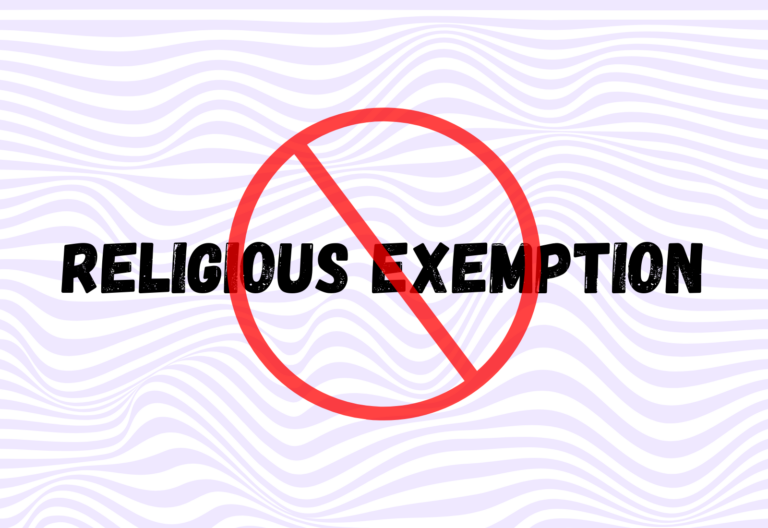
What Does San Francisco’s Decriminalization Resolution Actually Do?
On September 6, 2022, the San Francisco Board of Supervisors unanimously voted to pass a resolution aimed at decriminalizing psychedelics. This is yet another victory in the battle against prohibition. But it’s important to remember that decriminalization is very different from legalization– just see my older summary of a host of decriminalization efforts. Decriminalization does



















